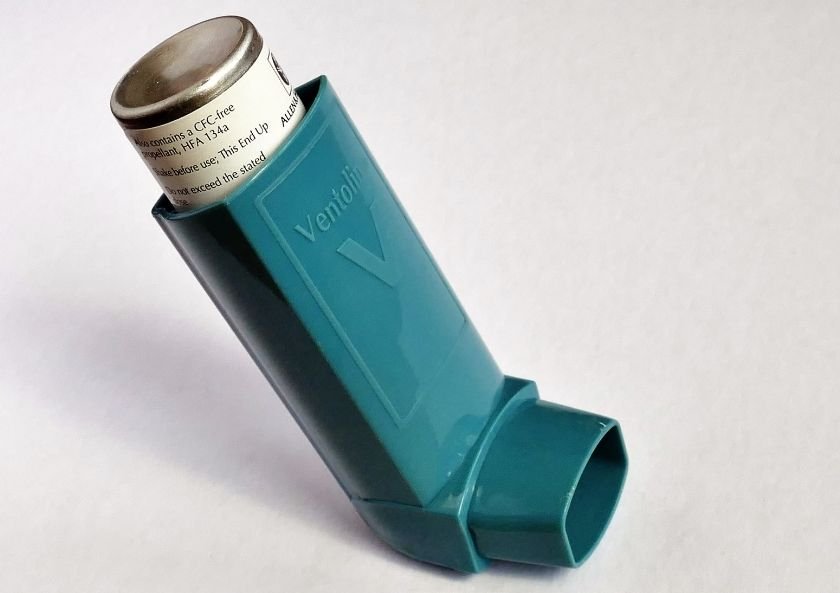Allergic asthma is an important disease that is common in children. The main symptoms of allergic asthma are frequent cough, shortness of breath and chest pain. So, if there are signs of allergic asthma, how is allergic asthma diagnosed to understand whether it is allergic asthma? We have written for you in this article.
Asthma symptoms should be questioned for the diagnosis of allergic asthma.
In the diagnosis of allergic asthma, the symptoms of allergic asthma should be questioned first. The main symptoms of allergic asthma are; frequent cough, shortness of breath and chest pain. Apart from this, the main symptoms of asthma are cough or wheezing in the lungs after play or after exercise, cough after every flu, frequent coughing with the start of school, cough that awakens from sleep at night. Whether there are signs of allergic asthma should be questioned carefully.
Examination findings are important in the diagnosis of allergic asthma.
After the allergic asthma symptoms are questioned, the examination is started. The examination finding may be completely normal. However, wheezing can be heard in the lungs when there are symptoms of cough. There may be shortness of breath. In periods when there are no symptoms of allergic asthma, the lungs can be seen completely normal.
Necessary tests should be done in the diagnosis of allergic asthma.
After the allergic asthma symptoms are questioned and examined, examinations are started. First of all, necessary tests such as allergy test, respiratory function test, blood tests, sweat test, lung films are performed. According to the results, it is decided whether there is allergic asthma or not.
Allergy testing is very important in the diagnosis of allergic asthma.
Allergy testing is very important in the diagnosis of allergic asthma. Because, with the allergy test, it is decided what allergy is due to, the degree of allergy and whether allergy vaccine is required. Performing the allergy test on the skin gives the most accurate result according to the allergy test made from blood. Because the allergy test made from blood varies according to the quality of the device on which the test is performed, the skin allergy test gives more accurate results. Although the skin allergy test can be performed at any age for the diagnosis of allergic asthma, it is usually performed after 2-3 years of age. If there is a suspicion of a food allergy, the food allergy test can usually be performed from 1-2 months of age. It is very important that the allergy test is performed on children by pediatric allergy specialists, in terms of correct diagnosis and treatment and deciding whether to start allergy vaccine.
For allergy diagnosis, some medications should be discontinued one week before the allergy test.
For the diagnosis of allergic asthma, cough syrups, allergy syrups and cold medicines should be discontinued one week before the allergy test is performed. However, in patients with excessive complaints, it would be more appropriate to relax the child first and then perform an allergy test one week after the medicines are stopped.
Education is essential for diagnosing allergic asthma
Education is important for diagnosing allergic asthma. Specialists who have received special training in allergic asthma and are effective in this field are pediatric allergy specialists. Pediatric allergists (renamed as pediatric immunology and allergy diseases specialist) are specialists who are educated on allergic asthma and allergy diseases and have a diploma in pediatric allergists, as well as pediatric health and diseases specialists.
As a result;
- For the diagnosis of allergic asthma, the symptoms of allergy asthma are questioned first.
- Children with allergic asthma symptoms are examined.
- Necessary tests are performed after allergic asthma examination.
- In the diagnosis of allergic asthma, it is important that allergy tests are performed by pediatric allergy specialists.
- Education is important in the diagnosis of allergic asthma, and specialists who receive special training in this area are pediatric allergists.



